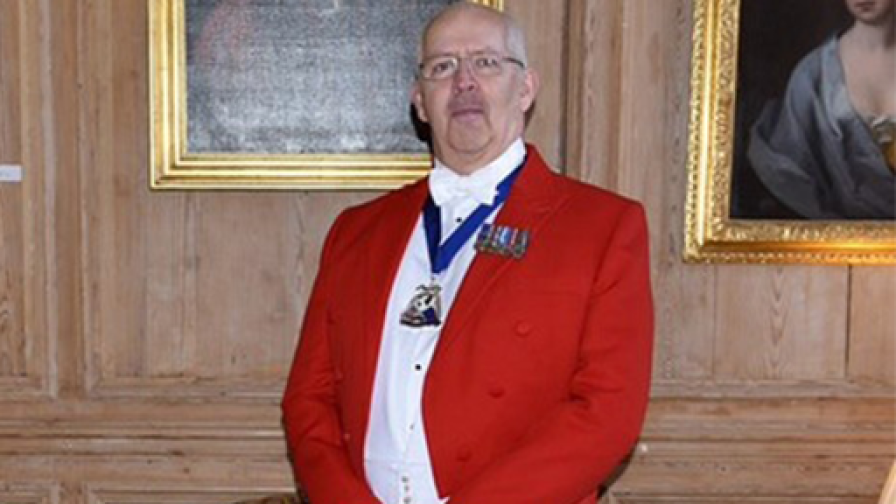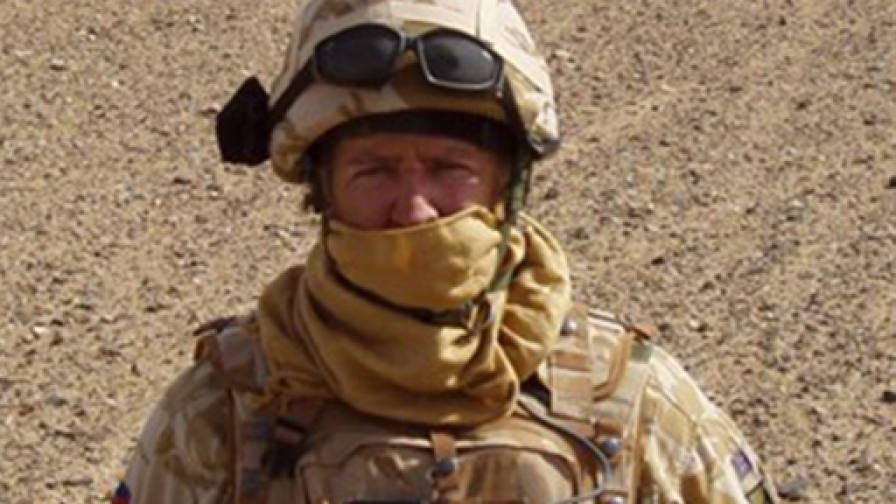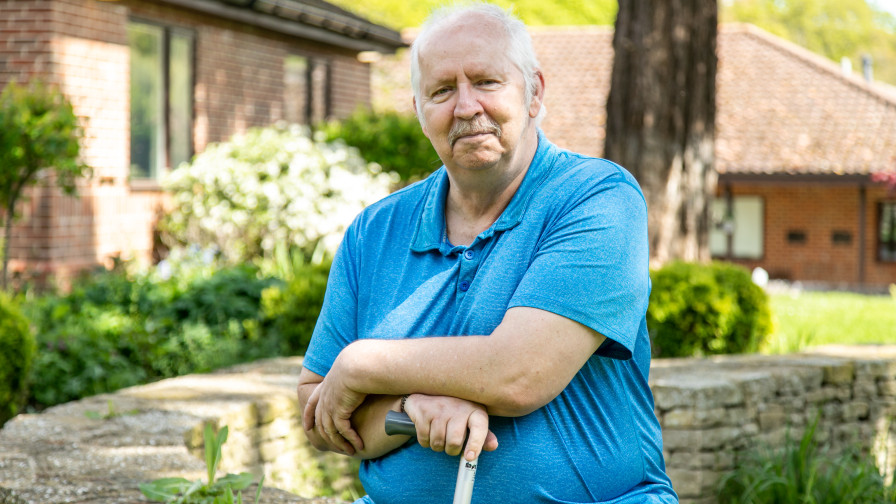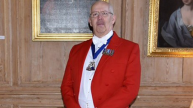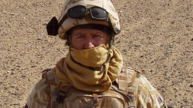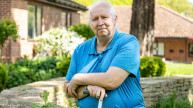Tony's Story
“I’ll always be grateful to Combat Stress for the support my wife and I received”
“I enlisted in 1973 when I was almost 18 years old. I’d had a couple of jobs after leaving school but nothing I was happy with. I come from a large family, and I always say I joined the Army to get my own bed!
“I joined the Royal Engineers and over the next 13 years I would be posted all over the world including, Northern Ireland, Kenya, Germany and Belize.
“In 1976 I was in Northern Ireland and I got tangled up in a riot in Derry. It was a very traumatic experience and think this was the start of my mental health issues.
“I carried on in the Army for another nine years after that, but decided it was time to leave when I missed my baby daughter’s first words and steps. I came out of the Army and as with a good number of former servicemen I worked in retail security. I then moved over into the banking industry security and was at one time the security manager for a large multinational bank in North London, but four years later in 1990 I wasn’t happy so joined what was then the Territorial Army. It seemed like a good transition, and I felt more settled.
“With my background as a combat engineer, they thought I’d make a good vehicle mechanic in Royal Electrical and Mechanical Engineers but as time went on, I had to transfer to stay in service, so joined the Adjutant General Corps (AGC (SPS)) where I moved up and eventually became Chief Clerk Warrant Officer Class Two (Q) of the London Regiment, now The London Guards. I had lots of responsibility and was thrilled, but it all came to an enforced end when I was diagnosed with cancer. This, combined with some other things in my life led to a breakdown.
“Looking back, for a long time I had been hyper-alert, and I could only see the bad in people. I couldn’t relate to people apart from thinking they were a danger to me and my family. There was just no release or rest. My coping mechanism was to keep busy, so I didn’t get chance to think about what was going on in my head.
“When I went into hospital for an operation, I couldn’t keep busy. My coping mechanism was taken away lying in a hospital bed and everything changed. That, combined with a severe reaction to morphine, left me trying to take my own life.
“Having been sectioned and spending some time in a mental hospital, my consultant in the hospital referred me to Combat Stress where I was assessed and diagnosed with PTSD. I started a residential programme at the southern hub, Tyrwhitt House, in 2020 but when I was having my treatment the COVID-19 lockdown hit and the hub closed. I used the resulting time to practice what I’d learned with Combat Stress and use the tools I’d been given, before returning for a residential stay in late 2022 to take part in the new Veterans’ Intensive Complex Trauma Organised Recovery programme (VICTOR).
“Veterans on my cohort would stay at the southern hub during the week for treatment, but go home at weekends, which worked for me. As well as treatment we did lots of different activities including yoga, which I still do now if I feel myself going above my normal tolerance level.
“I also discovered writing poetry during my time on the VICTOR programme as part of art therapy. I’d never written poetry before, but I looked at the piece of paper and five minutes later it was full. It’s not conventional poetry but I enjoy doing it as it takes me somewhere else. I sit down and the pencil just moves on its own.
“Combat Stress also supported my wife as she had sessions with Katerina, a Peer Family Mentor. Katerina worked with me when I was on the VICTOR programme, but also worked with my wife, which helped her. We’ve been together 40 years and my PTSD had been something she was living with without realising.
“Although it’s not a cure, the tools Combat Stress has provided make life easier going forward. The difference Combat Stress has made to my life is huge and the support both my wife and I have had is phenomenal. I’ll always be grateful to Combat Stress for the support we received.”
June 2023

